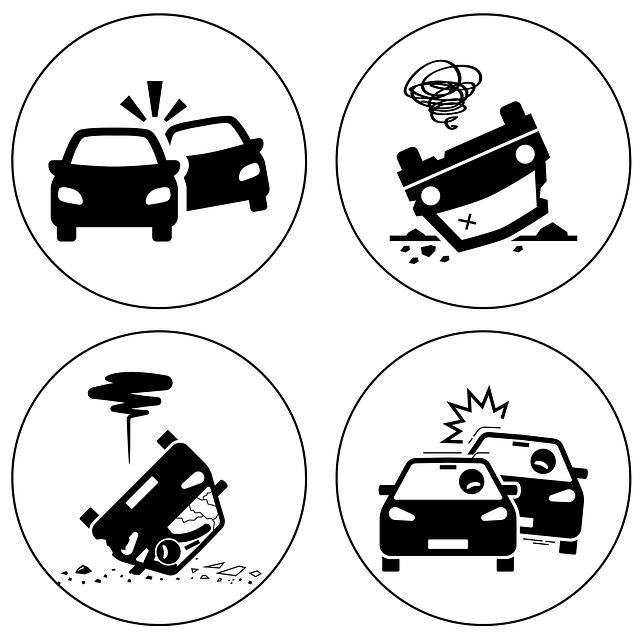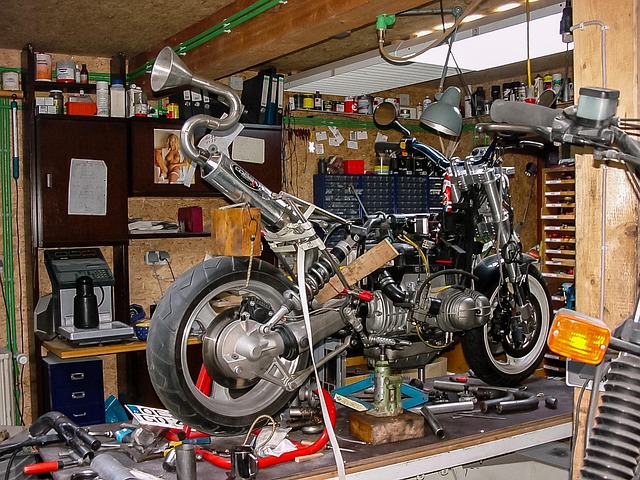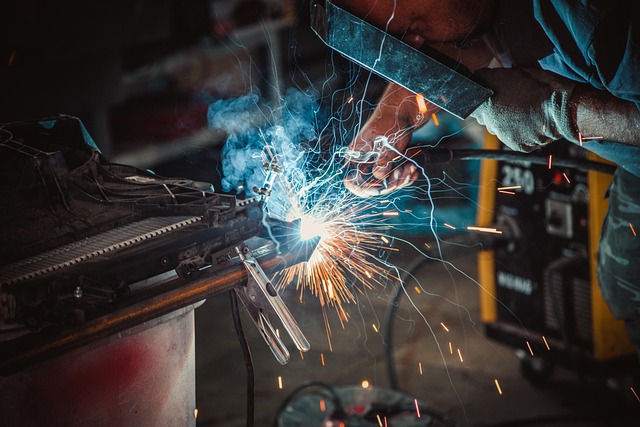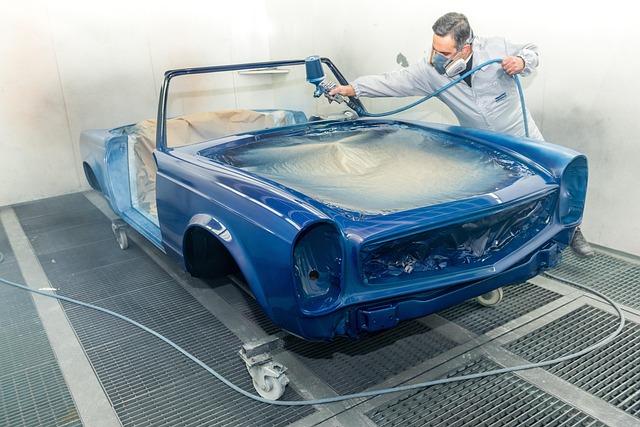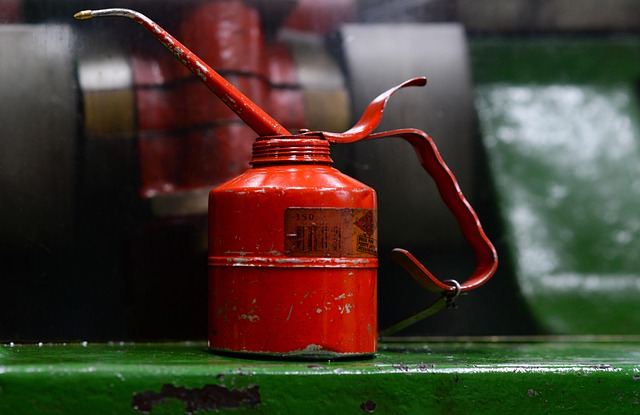The supplement process is a sustainable solution for collision repair, minimizing waste, lowering carbon emissions, and promoting recycling. By focusing on eco-conscious practices and material selection (like advanced composites, bio-based adhesives, and recycled content), auto body shops can significantly reduce their environmental impact while offering high-quality services like bumper repair and auto painting. This process is a game-changer in the industry, transitioning from toxic to greener materials and optimizing waste management for effective and environmentally responsible vehicle body repair.
The supplement process plays a pivotal role in transforming collision repair from an energy-intensive, waste-producing industry into a more sustainable one. By integrating eco-friendly materials and efficient practices, this process significantly reduces environmental impact. From minimizing hazardous waste to promoting recycled content, the supplement process not only enhances economic viability but also contributes to a greener future for the automotive sector. This article explores these transformative aspects in detail, highlighting how the supplement process is a key driver of sustainable collision repair.
- The Impact of Supplement Process on Environmental Conservation in Collision Repair
- Efficient Waste Reduction: A Key Role of the Supplement Process
- Enhancing Sustainability: How the Supplement Process Contributes to a Greener Collision Repair Industry
The Impact of Supplement Process on Environmental Conservation in Collision Repair

The supplement process plays a pivotal role in making collision repair more sustainable and environmentally friendly. By integrating eco-conscious practices into this critical stage, auto body shops can significantly reduce their ecological footprint. One of the primary impacts lies in material selection; choosing environmentally friendly supplements and fillers for car dent repair allows for less waste generation and minimizes the use of harmful chemicals. These materials often boast recycled content, ensuring a more sustainable cycle for repairs.
Moreover, the supplement process empowers auto body services to adopt innovative techniques. For instance, utilizing advanced composite materials in car repair services can enhance durability while lowering weight, leading to better fuel efficiency. This not only conserves resources but also reduces carbon emissions associated with frequent repairs. As collision repair industries embrace these changes, they contribute to a greener future, where car dent repair and auto body restoration go hand in hand with environmental conservation.
Efficient Waste Reduction: A Key Role of the Supplement Process

The supplement process plays a pivotal role in efficient waste reduction during collision repair, aligning perfectly with sustainability goals. By integrating this process, auto body shops can significantly minimize the amount of materials discarded, particularly in cases of bumper repair and car scratch repair. The key lies in its ability to optimize material utilization; for instance, when performing auto painting, the supplement process ensures that only the required quantity of paint is mixed, eliminating over-mixing and subsequent waste.
Furthermore, it streamlines the recycling process by facilitating the proper disposal or repurposing of byproducts, from scrap materials to used solvents. This not only reduces environmental impact but also lowers operational costs for collision repair centers. The supplement process acts as a game-changer, enabling these facilities to embrace eco-friendly practices while maintaining high-quality outcomes in services like bumper repair and auto painting.
Enhancing Sustainability: How the Supplement Process Contributes to a Greener Collision Repair Industry

The supplement process plays a pivotal role in enhancing sustainability within the collision repair industry. By incorporating eco-friendly materials and techniques during this critical phase, automotive body shops can significantly reduce their environmental footprint. Traditional methods often rely on toxic chemicals and non-biodegradable components, contributing to pollution and waste. However, with a focus on sustainability, the supplement process introduces greener alternatives. These include using bio-based adhesives, water-borne coatings, and recycled content filler materials, all of which minimize the use of harmful substances and promote a healthier work environment for technicians.
Moreover, this process streamlines efficient waste management practices. Proper disposal and recycling of hazardous waste become more accessible through specialized supplement systems. Additionally, by reducing material consumption, automotive body repair shops can cut down on resource extraction, manufacturing, and transportation-related emissions, contributing to a more sustainable collision repair services ecosystem. As the industry shifts towards greener practices, the supplement process becomes a game-changer, ensuring that vehicle body repair is not just effective but also environmentally responsible.
The supplement process plays a pivotal role in transforming the collision repair industry into a more sustainable and eco-friendly sector. By efficiently reducing waste and minimizing environmental impact, this innovative approach ensures that repair facilities can operate with greater responsibility towards conservation efforts. Through its ability to enhance sustainability, the supplement process not only contributes to cost savings but also fosters a greener landscape within the automotive aftermarket. Embracing this technology is a step towards a future where collision repair aligns seamlessly with global sustainability goals.
